

1:30 am IST - 3:00 am IST
Past Event
Content from the Brookings Institution India Center is now archived. After seven years of an impactful partnership, as of September 11, 2020, Brookings India is now the Centre for Social and Economic Progress, an independent public policy institution based in India.
In anticipation of Prime Minister Modi’s upcoming visit to Israel, Brookings India hosted a discussion on “Israel, India, and the Geopolitics of West Asia”. This event featured Martin Indyk, Executive Vice President of the Brookings Institution and U.S. special envoy for the Israeli-Palestinian negotiations under President Barack Obama. Ambassador Indyk served as the U.S. ambassador to Israel from 1995 to 1997 and from 2000 to 2001. Previously, he was special assistant to President Clinton and senior director for Near East and South Asian affairs at the National Security Council (1993-1995) and assistant secretary of state for Near Eastern affairs in the U.S. Department of State (1997-2000).
The discussion was moderated by Dhruva Jaishankar, Fellow for Foreign Policy at Brookings India. In context of the current complex geo-political environment in West Asia, the following questions were raised during the discussion:
The discussion was on-the-record and open to the media.
This event report is written by Shruti Godbole. The views are of the author(s), discussant(s).
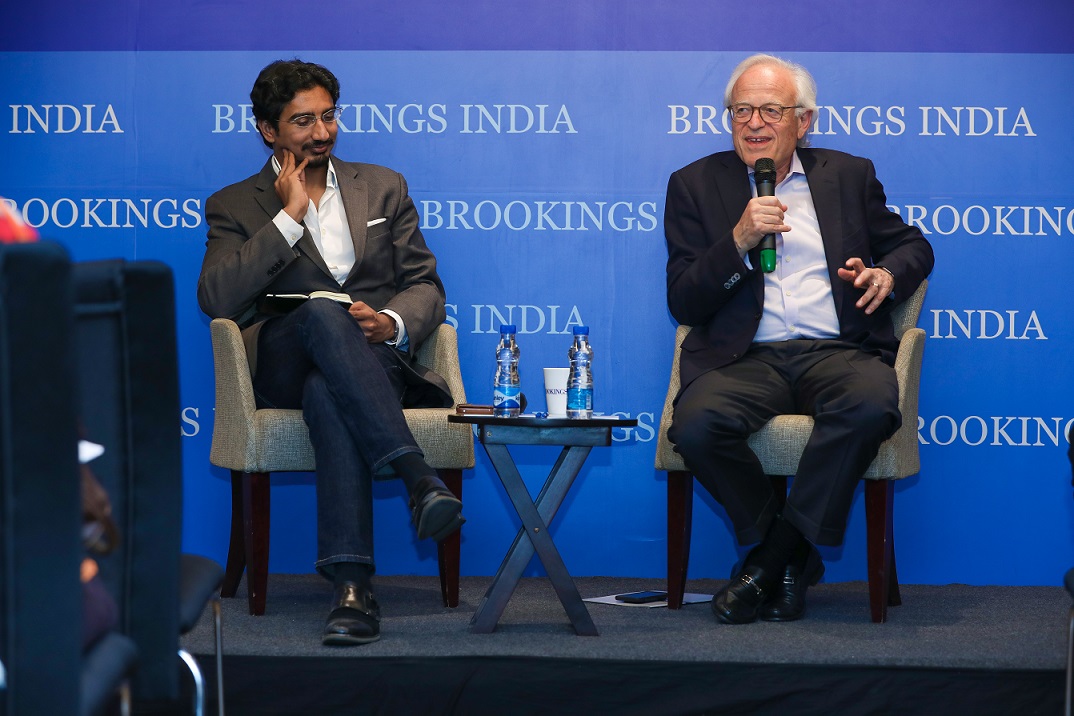
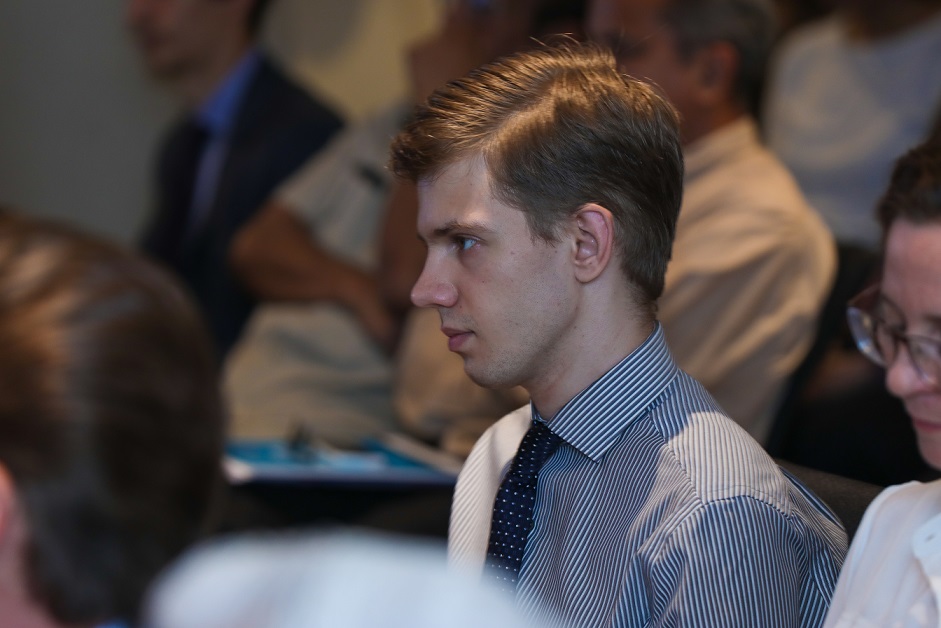
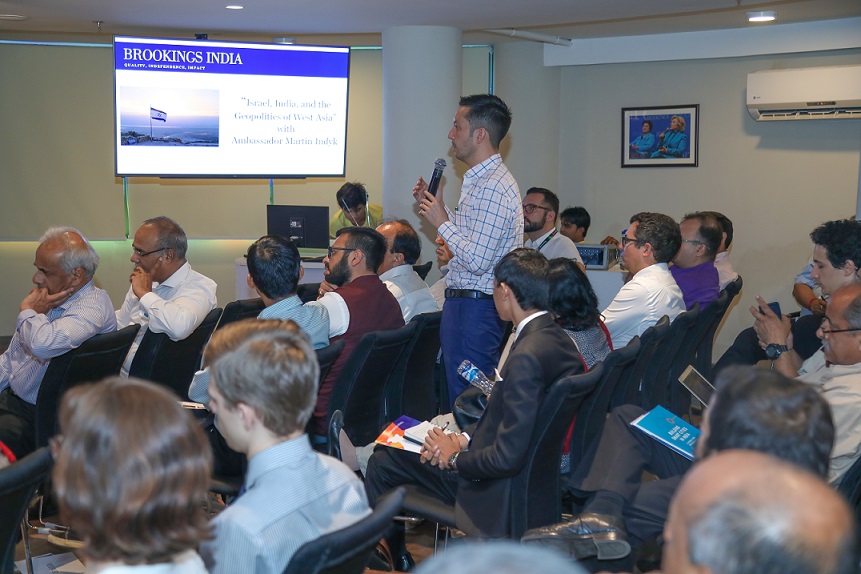
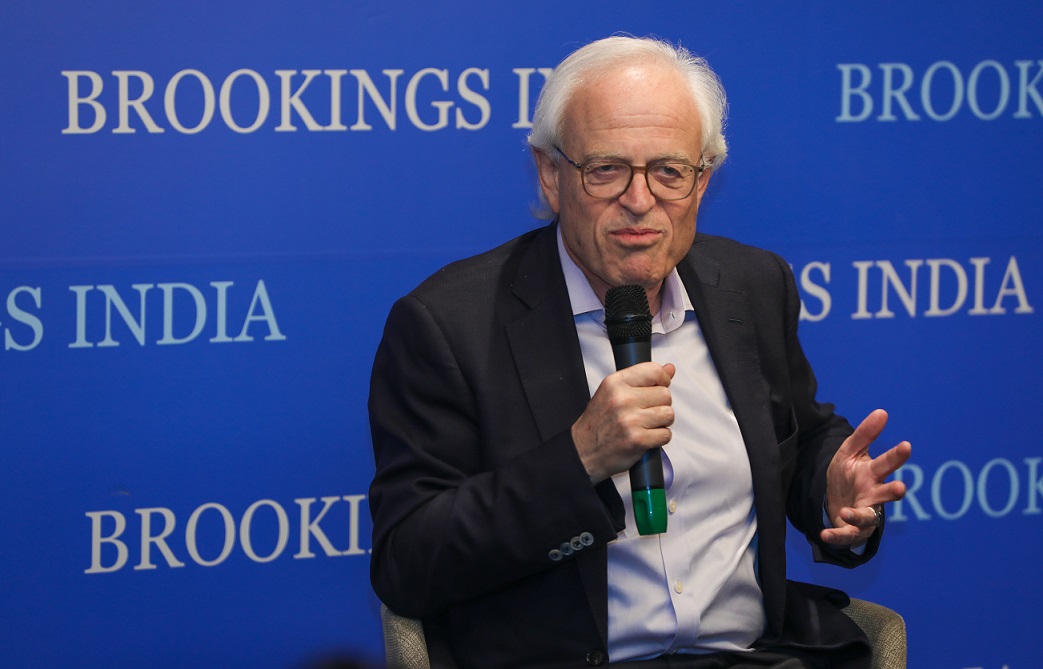
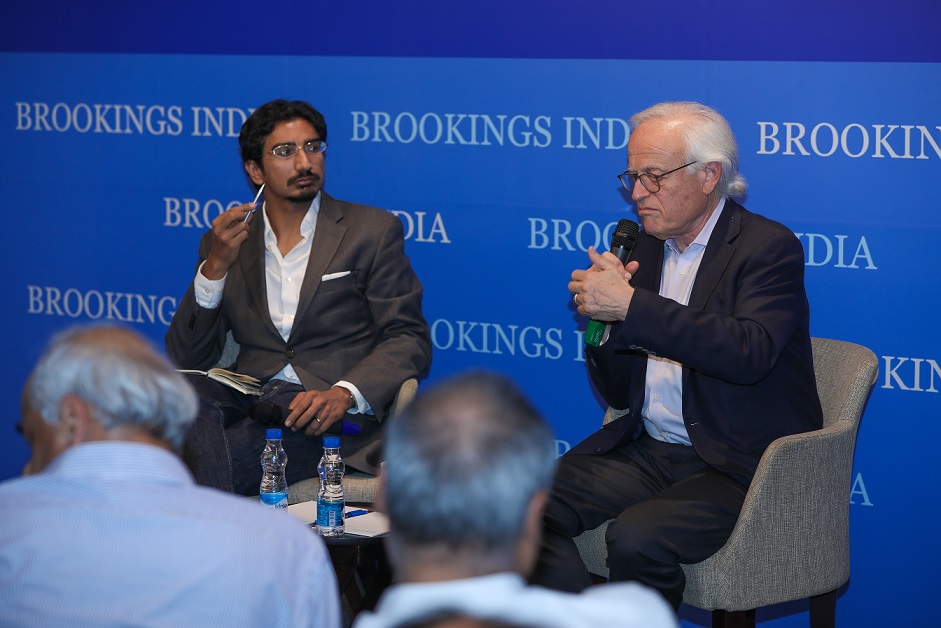
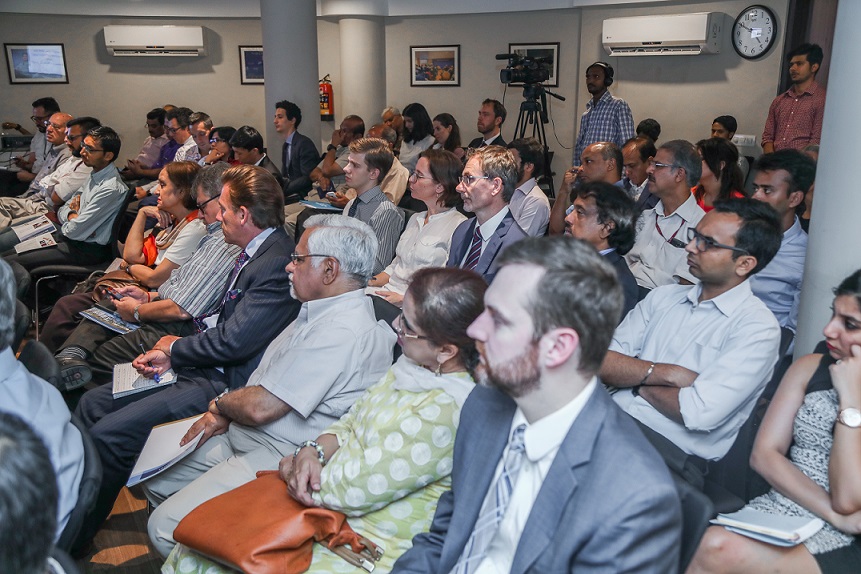
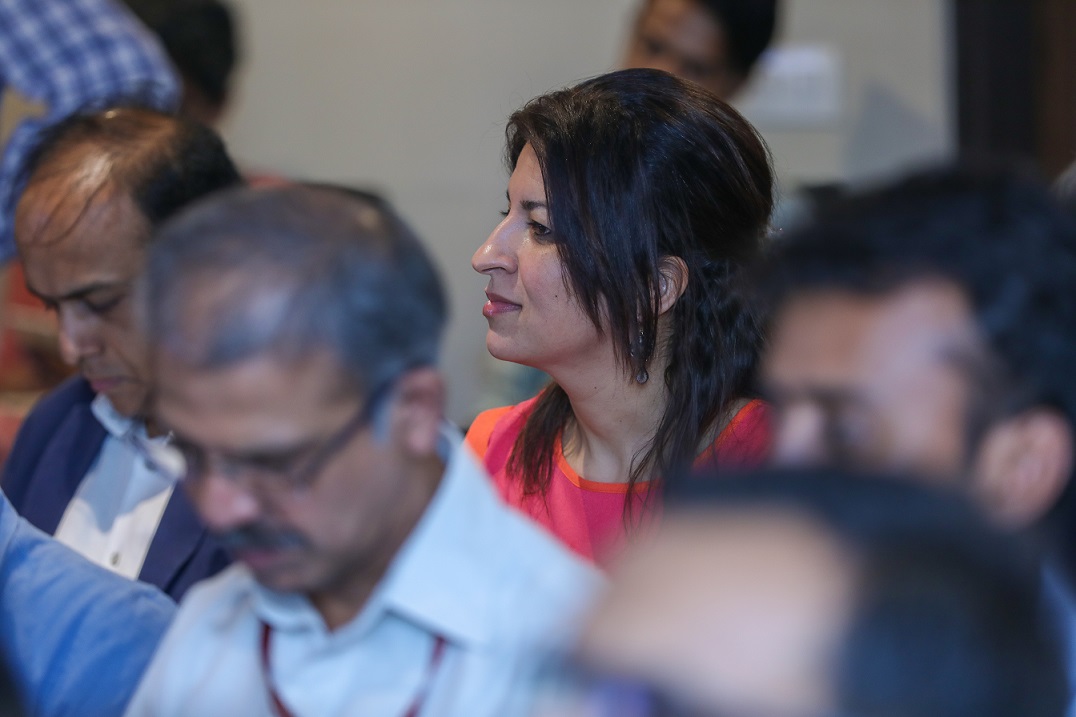
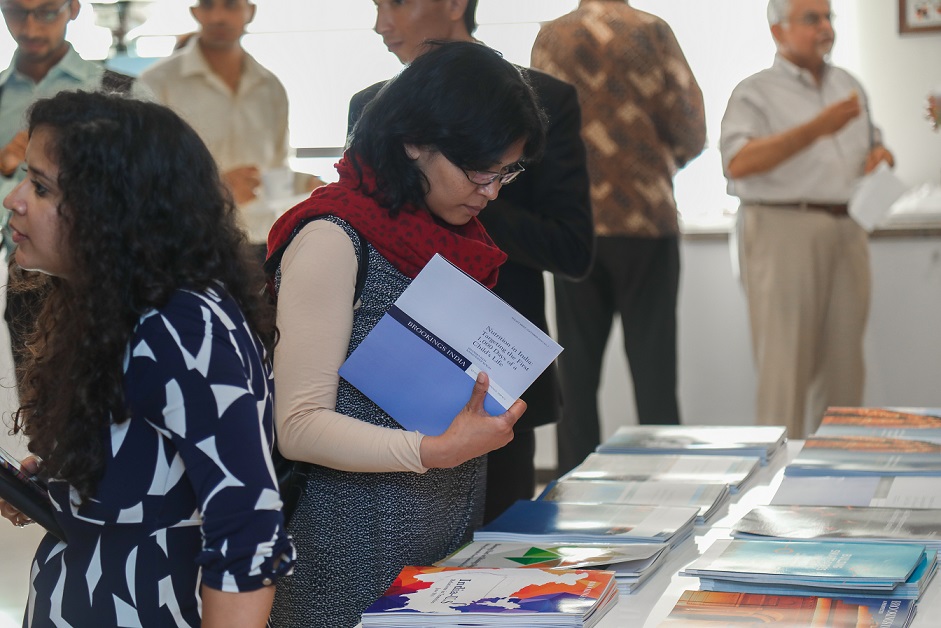

Rahul Tongia, Anurag Sehgal, Puneet Kamboj
2020
Online Only
3:00 am - 4:40 am IST

Saneet Chakradeo
August 18, 2020